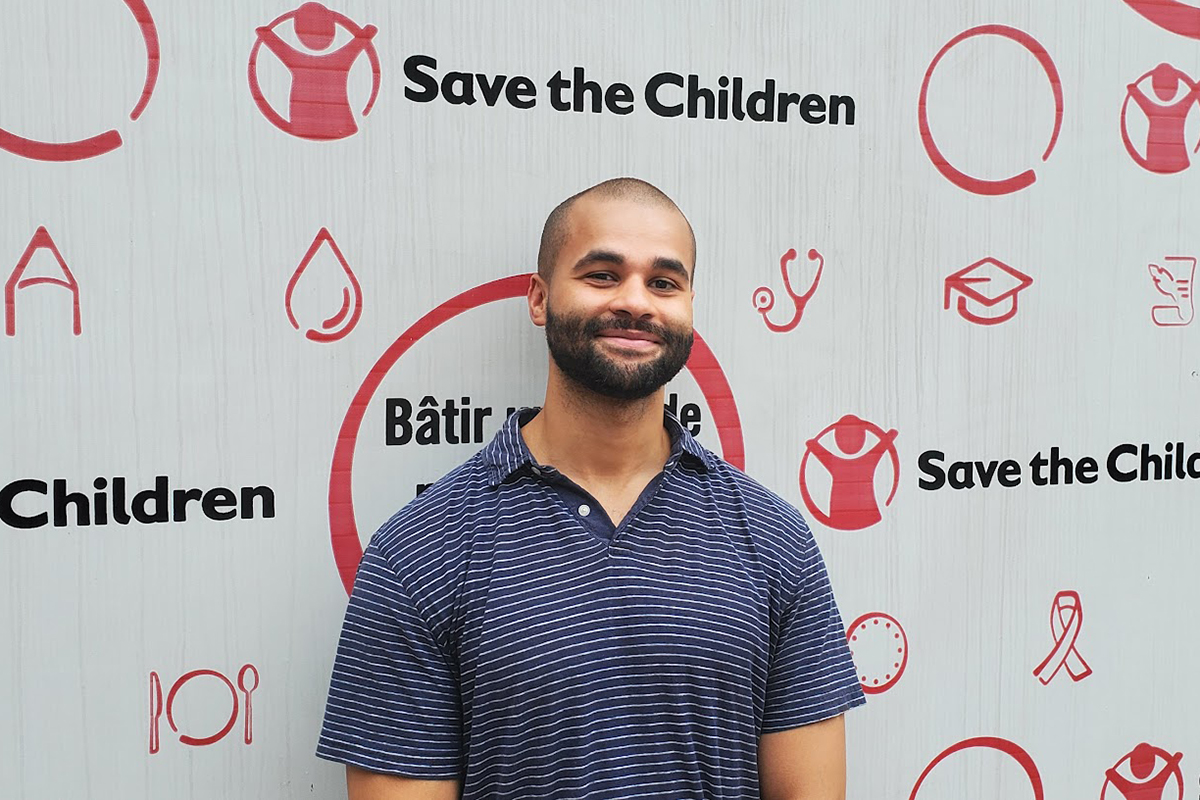During his spring break in 2010, Brian Price — then a senior at Yale College — traveled to Haiti to volunteer with an NGO, Hospice St. Joseph, that was part of the relief efforts following the devastating earthquake that occurred there months prior. He toured the capital city of Port Au Prince and other outlying communities decimated by the disaster, helping clear debris and distribute food and water. He spoke with locals and felt their sadness and their resolve; he also witnessed the numerous challenges associated with coordinating global humanitarian aid.
The experience was tremendously profound for Price — so much so that Haiti became the focus of his senior thesis and he traveled back to the country to continue in the relief efforts upon graduating from Yale.
“I knew then, between my [Yale] coursework and these experiences [in Haiti], that the international development and humanitarian response field was where I wanted to focus my career,” says Price.
That path led Price back to Yale, where he completed his M.A. in global affairs in 2013. He is now the senior director of U.S. government project management, education and child protection, for Save the Children US, an international NGO that aims to improve the lives of children by providing education opportunities through crises related to war, public health, and natural disasters.
In his role, Price oversees U.S. government-funded projects in the Middle East, Asia, and sub-Saharan Africa, from project design to implementation to sustainability. The work often requires being on the ground, meeting with key stakeholders to understand local contexts and to best serve the needs of the people at different scales.
“The way you engage with people matters,” Price says. “The way you carry yourself matters. People can tell if you have a willingness to listen and understand — and those elements matter.
“And it’s not just dropping in a country for one day, talking to people, then leaving. It’s being there for a longer period of time and then continuing forward, continuing dialogue and relationships afterwards. That, to me, is the correct pathway.”


